X
This article was medically reviewed by Jennifer Boidy, RN. Jennifer Boidy is a Registered Nurse in Maryland. She received her Associate of Science in Nursing from Carroll Community College in 2012.
This article has been viewed 73,171 times.
Acidifying urine may be useful for treating or even preventing a variety of problems, ranging from bladder infections to multiple sclerosis. You should always talk to your doctor about the best options in your particular case, but there are several ways to acidify urine just by making a few dietary choices. Eating the right kinds of vegetables, fruits, protein, and carbs will be a great start. Drinking certain juices and taking dietary supplements may also be helpful.
Steps
Method 1
Method 1 of 2:
Eating and Drinking to Acidify Urine
-
1Eat the right kinds of veggies. In general, a vegetable-rich diet is a great way to decrease the pH of urine. A lower pH signifies a higher acidic level. However, there are certain vegetables that should be avoided, since they have the opposite effect of making urine more basic or alkaline (with a higher pH level).[1]
- Eat plenty of servings of corn, white beans, and lentils, since these are especially effective for acidifying urine. Most salads are also helpful for lowering urine pH.
- Avoid potatoes, lima beans, soybeans, parsnips, spinach, and dried vegetables.
-
2Pick up some fruit, but skip the oranges and other citrus. Many fruits are also helpful for acidifying urine. As with vegetables, however, there are some that should be avoided, particularly citrus fruits (oranges, grapefruits, lemons, etc.). Though they are acidic, they do not react with your body to lower urine pH.[2]
- Eat fruits such as prunes, plums and cranberries freely.
- Avoid cantaloupe, raisins, dates, figs, dried fruits, in addition to citrus fruits.
- You can also drink fruit juices (about 16 ounces a day), such as prune, plum, and cranberry, but stay away from citrus and tomato juices.
Advertisement -
3Load up on protein and carbs. Plenty of servings from these food groups will also help acidify your urine. There are plenty of options among them, and fewer restrictions. Try having:[3]
- Two hearty servings of meat such as beef, poultry, or fish each day.
- A few eggs per day.
- Nuts as a snack (but not almonds or chestnuts).
- At least some carbs each day (white or brown rice, pasta, cereal, and bread are all good options).
-
4Get some dairy each day. Products such as yogurt and buttermilk are especially helpful for raising the acidity of urine. Up to one pint of milk as well as 3 ounces of cream or cheese a day also make good choices.[4]
-
5Drink cola in moderation. The inorganic (non-naturally sourced) acid added to cola makes it a good way to lower the pH level of urine. However, drinking too much cola (whether regular or diet/sugar-free) is thought to be for your health. Ask your doctor whether drinking cola would be a sensible way to acidify urine.[5]
-
6Take betaine as a supplement or get it from natural sources. Betaine is an amino acid (building block of protein) available as a dietary supplement from health and nutrition stores. It is also naturally found in several foods. Taking a 650 mg supplement three times a day with meals has been shown to acidify urine.[6]
- You can also try eating foods such as beets, broccoli, grains (wheat bran or quinoa), and spinach. These are relatively high in betaine, but you will need to eat several servings each day to get enough of the amino acid.
- Betaine can interact with medications. Mild side effects include diarrhea, nausea, or an upset stomach. Talk to your doctor before you start taking supplements.
- If you have high cholesterol or kidney disease, talk to your doctor before taking betaine. Betaine can worsen these issues.
Advertisement
Method 2
Method 2 of 2:
Acidifying Urine for Health Reasons
-
1Prevent bladder infections. When urine has a high pH level, it is more tolerated by bacteria that can cause infections. Raising urine acidity, on the other hand, reduces bacteria and the risk of bladder infection.[7]
-
2May help treat multiple sclerosis. Bladder infections are one of the most common threats facing MS patients. For this reason, physicians often recommending acidifying urine as part of MS treatment, even when there are no signs of a bladder infection.[8]
- Drinking 12 ounces of cranberry juice per day may be an effective treatment.
-
3Reduce or eliminate kidney stones. Acidic urine can help dissolve the solids that build up and cause the kidney stones. There are several types of stones, but acidifying urine is recommended as a treatment for both calcium phosphate and struvite (magnesium ammonium phosphate) stones.[9]
Advertisement
Warnings
- Always talk to your doctor before making major dietary changes, or attempting to treat an illness or condition on your own.⧼thumbs_response⧽
Advertisement
References
- ↑ https://www.womenshealthspecialists.org/health-information/bladder-infections/
- ↑ https://www.womenshealthspecialists.org/health-information/bladder-infections/
- ↑ https://www.womenshealthspecialists.org/health-information/bladder-infections/
- ↑ http://cancerres.aacrjournals.org/content/46/1/430.long
- ↑ http://cancerres.aacrjournals.org/content/46/1/430.long
- ↑ http://www.aafp.org/afp/2011/1201/p1234.html
- ↑ https://www.ncbi.nlm.nih.gov/books/NBK470195/
- ↑ https://www.jstor.org/stable/3427096?seq=1#page_scan_tab_contents
- ↑ http://www.aafp.org/afp/2011/1201/p1234.html
About This Article
Advertisement
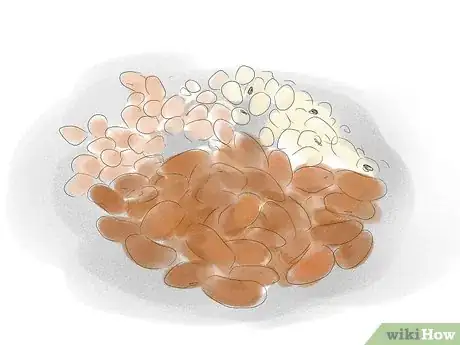
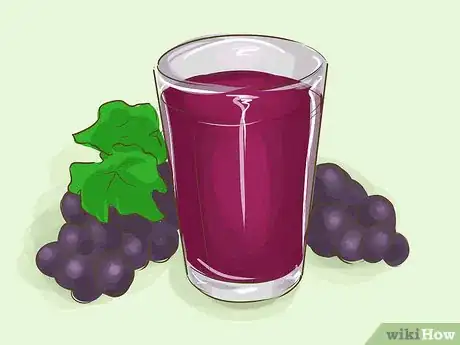
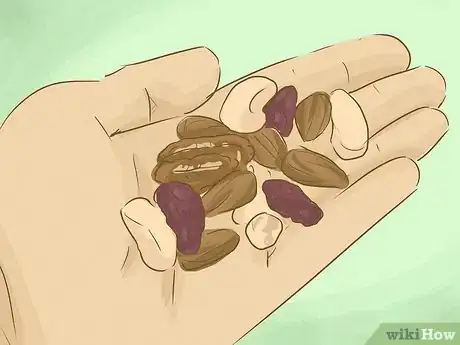

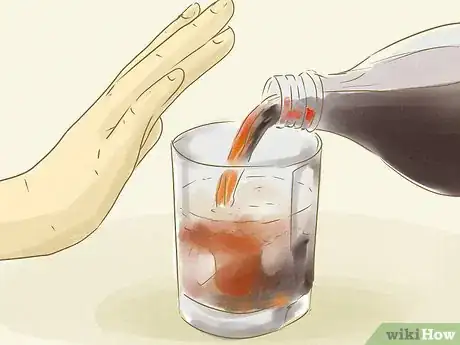
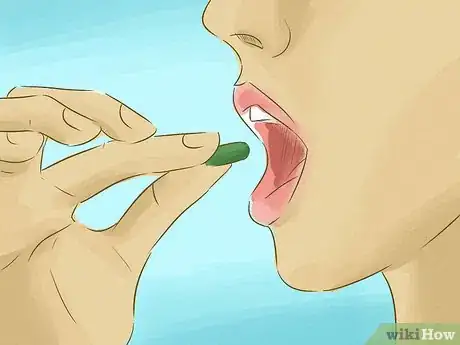



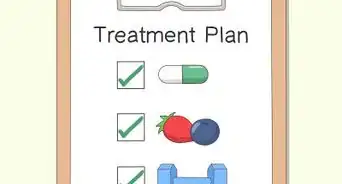





















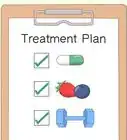






































Medical Disclaimer
The content of this article is not intended to be a substitute for professional medical advice, examination, diagnosis, or treatment. You should always contact your doctor or other qualified healthcare professional before starting, changing, or stopping any kind of health treatment.
Read More...